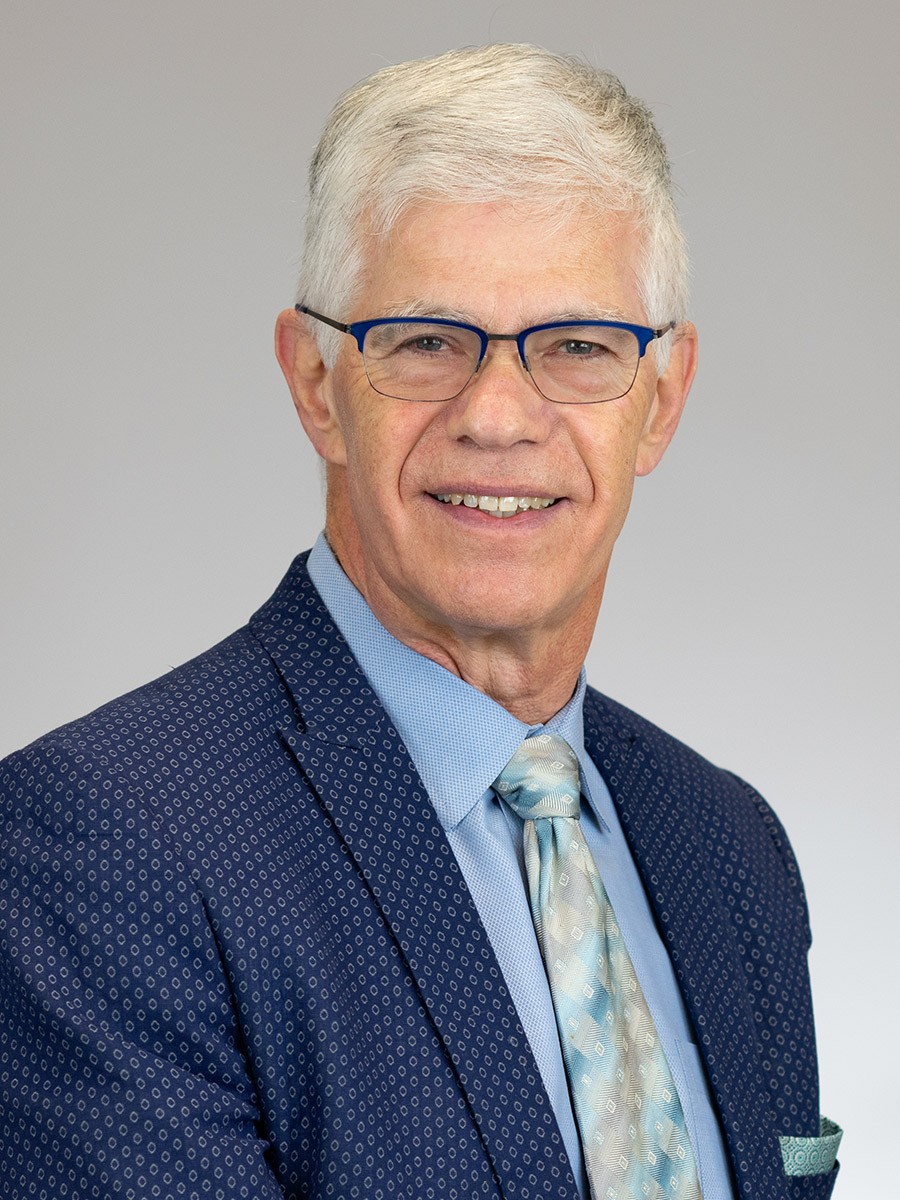
Dr. Norman Shaw
Overview
Norman Shaw joined the Ted Rogers School of Management in 2007. Prior to joining Toronto Metropolitan University, he was Chief Information Officer for a Toronto based retailer that operated over 1,000 stores with such recognizable names as Harry Rosen, Tip Top, Fairweather and Bluenotes. He gained experience in the world of hospitality as Vice President in charge of technology for a hotel management company that operated hotels under the flags of Marriott, Holiday Inn and Hard Rock. During his lectures he describes real-life examples of the challenges and advantages of using technology. His guest speakers are from industry illustrating current practices.
Norman’s interest is what motivates individuals to adopt new technologies. His current focus is on digital money and how its use may increase financial well-being. He has just received an SSRHC grant to determine if access to digital money on mobile phones will benefit more remote Indigenous communities.
The following is an except from this recent research:
Would you pay 20% to cash a cheque? Unfortunately many low income Indigenous people are paying high fees when they convert a paper cheque to cash.
Approximately 15% of Indigenous people do not have a bank account. There may be no bank on or near the reserve, they may have had a bad experience or they do not have the necessary id. Some of their income, including government benefits are paid by cheque, creating the problem of how to turn this cheque into cash. They may have to pay transport costs to travel to the nearest bank and if they use a non-bank cheque cashing service, such as the store on the reserve, they may be charged up to 20% of the face value of the cheque. Even those with bank accounts are charged up to $5 to withdraw cash from an ATM, assuming they are lucky enough to have a functioning ATM near their home. Are there alternatives?
The Government of Ontario has started to distribute pre-paid debit cards, which are pre-loaded each month and can be used to pay for merchandise in a similar manner to a credit card.
Some countries, notably Kenya, are major users of mobile money, where the mobile network operator manages an account of digital money. The phone can be used to send money to others and to pay for merchandise. For most purposes, there is no need for cash. When there is a need, withdrawals are via agents for a fee of about 1%.
The objective of this research is to find ways that low income Indigenous people can keep more of their money. We have started the first stage where we are speaking to Indigenous communities to understand the challenges. The second stage will be to propose solutions that save unnecessary fees.
| Papers published in peer reviewed journals |
|
Doctoral Thesis |
|
Conference Papers |
|
Book Chapter |
|
